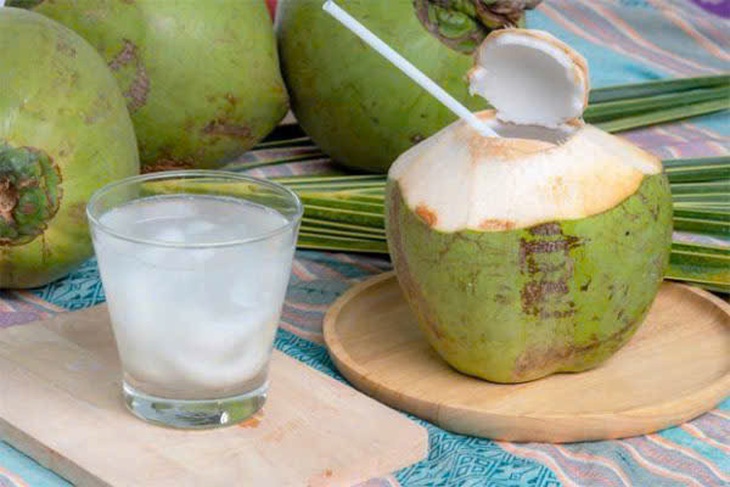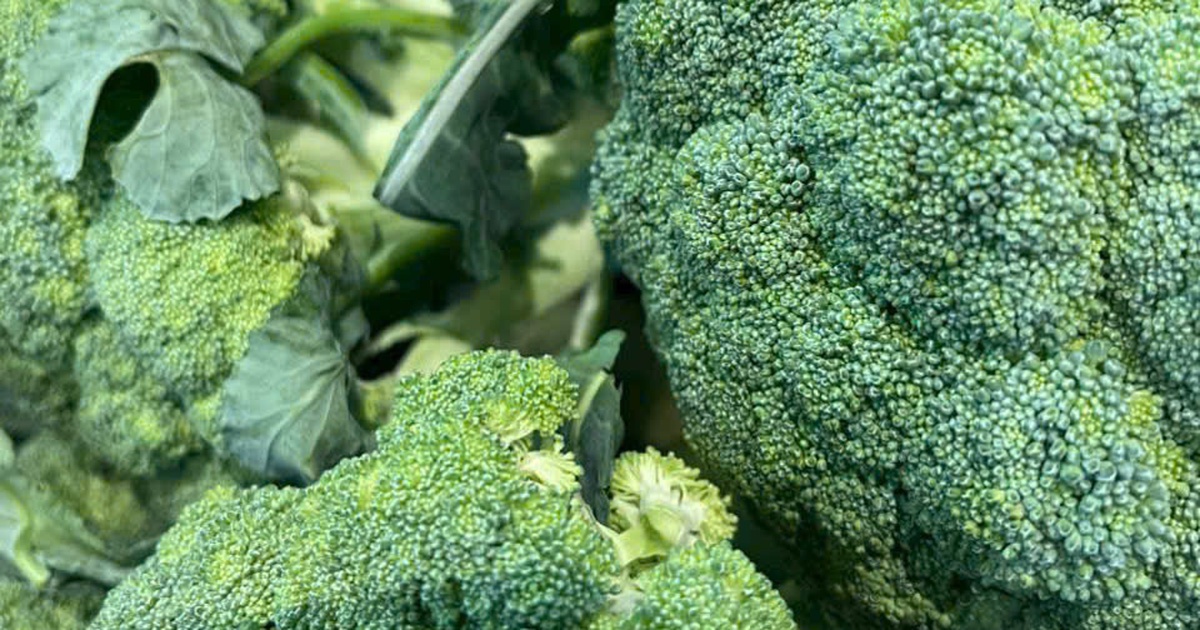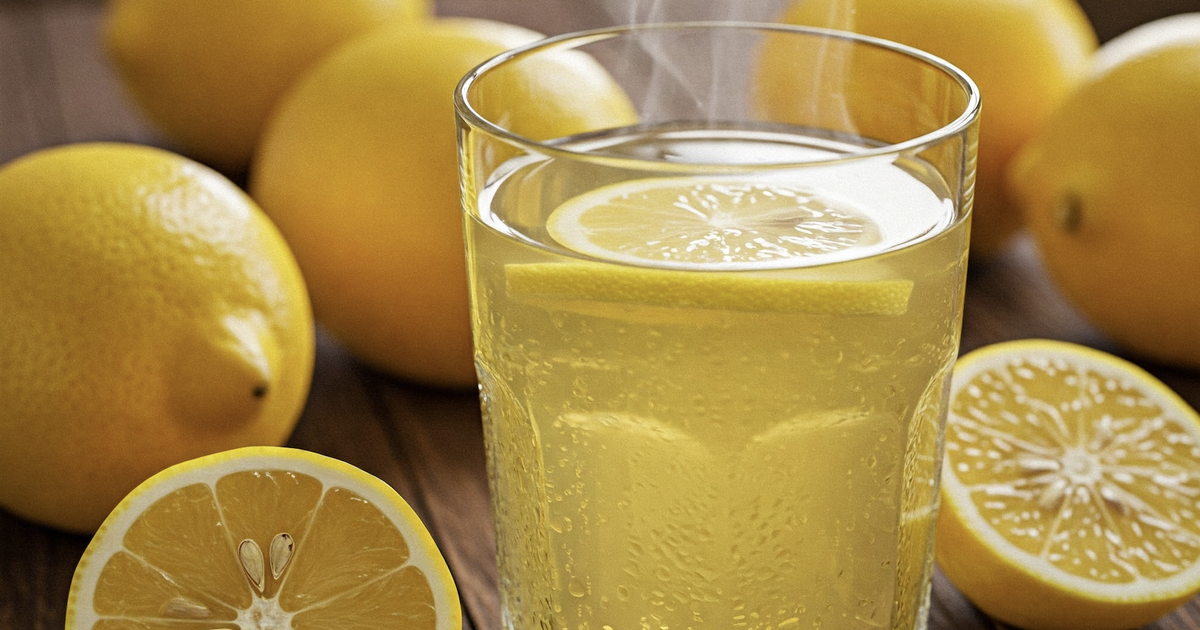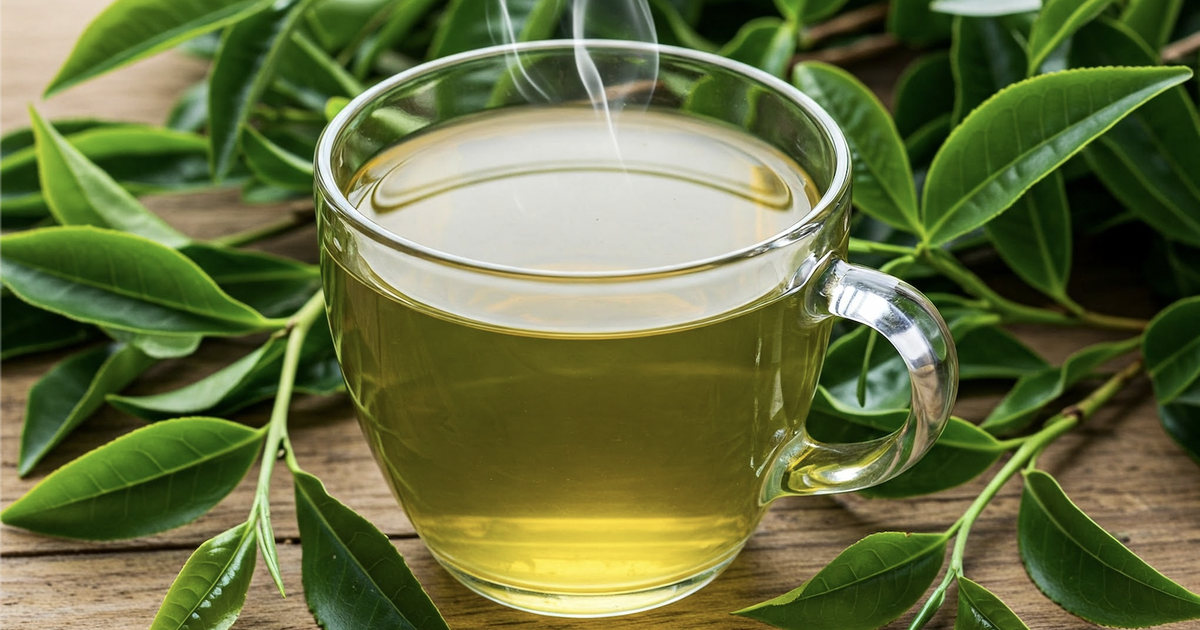
Coconut water is one of the healthy drinks - Illustration photo
Staying hydrated is important for your brain, digestive system, heart, and kidneys. It also helps regulate body temperature and prevent headaches.
If you think you might be dehydrated, consider adding other beverages to your daily routine besides water. Certain beverages also provide additional vitamins, minerals, antioxidants, probiotics, and protein to your diet.
Green tea
Green tea has been used as a medicinal herb for thousands of years. It contains polyphenols, a powerful antioxidant that can help prevent cell damage and inflammation. Drinking green tea has been shown to help reduce the risk of health problems such as heart disease, cancer, Alzheimer's, Parkinson's, and diabetes.
However, be aware that sweetened green tea can be a source of added sugar in your diet. Consuming too much added sugar can increase your risk of diseases like type 2 diabetes and heart disease.
Fruit smoothie
Smoothies are an easy way to add more fruits and vegetables to your diet. You can add green leafy vegetables, fruits, proteins, nuts, and milk to smoothies. Unlike juices, smoothies are high in fiber.
Fiber can help lower cholesterol, prevent constipation, reduce the risk of colon cancer, and help you feel full longer. It also helps prevent blood sugar spikes, making smoothies a more diabetic-friendly choice than juice.

Coffee is good but don't drink too much - Illustration photo
Coffee
Coffee contains beneficial phytonutrients such as chlorogenic acid, polyphenols, terpenoids, and alkaloids. Research shows that drinking coffee can help prevent inflammation, liver disease, and neurodegenerative problems (disorders that affect the nervous system). Coffee may even help prevent colon and breast cancer.
Caffeine can also help keep you alert. To avoid exceeding the safe limit for caffeine, try not to drink more than 4-5 cups per day.
Coconut water
Coconut water contains electrolytes such as potassium, sodium, magnesium, and calcium. Electrolytes help support muscles and the nervous system, maintain a steady heart rate and blood pressure, and balance the body's water levels.
Electrolytes are lost when you sweat, so it's important to replenish them after a strenuous workout or when living in a hot environment.
The potassium in coconut water may also help lower blood pressure. One study found that drinking coconut water for one week lowered blood pressure in adults with hypertension (high blood pressure).
Low fat milk
Milk is a good source of electrolytes and protein. It is a great post-workout beverage to help with muscle growth and rehydration. It also has important nutrients for bone health, including calcium, phosphorus, and vitamin D. You can drink milk straight or use it to make a latte.
Drinking low-fat milk is recommended because it contains less saturated fat than whole milk. Saturated fat can raise cholesterol, which increases the risk of heart disease.
Drinking milk can cause diarrhea, gas, or bloating if you are lactose intolerant. Instead, try soy milk or lactose-free milk.
Herbal tea
Herbal teas are caffeine-free and packed with nutrients. They contain antioxidants that help maintain cellular health and prevent cancer, diabetes, and Alzheimer's disease.
Each tea has its own flavor and health benefits. Ginger tea can help relieve nausea, and hibiscus tea can help lower blood pressure. Experiment with different teas to find the one you like best.
If you're looking for healthy drinks besides water, try coconut water, herbal tea, or coffee. You can also make a smoothie to boost both hydration and nutrition.
Water is best, but incorporating other healthy beverages will help you get important nutrients like antioxidants, protein, vitamins, minerals, and fiber.
Source: https://tuoitre.vn/nhung-do-uong-nao-tot-cho-suc-khoe-20250406074746754.htm




![[Photo] Prime Minister Pham Minh Chinh chairs meeting to discuss tax solutions for Vietnam's import and export goods](https://vstatic.vietnam.vn/vietnam/resource/IMAGE/2025/4/10/19b9ed81ca2940b79fb8a0b9ccef539a)

![[Photo] Unique folk games at Chuong Village Festival](https://vstatic.vietnam.vn/vietnam/resource/IMAGE/2025/4/10/cff805a06fdd443b9474c017f98075a4)
![[Photo] Phuc Tho mulberry season – Sweet fruit from green agriculture](https://vstatic.vietnam.vn/vietnam/resource/IMAGE/2025/4/10/1710a51d63c84a5a92de1b9b4caaf3e5)
















































































Comment (0)